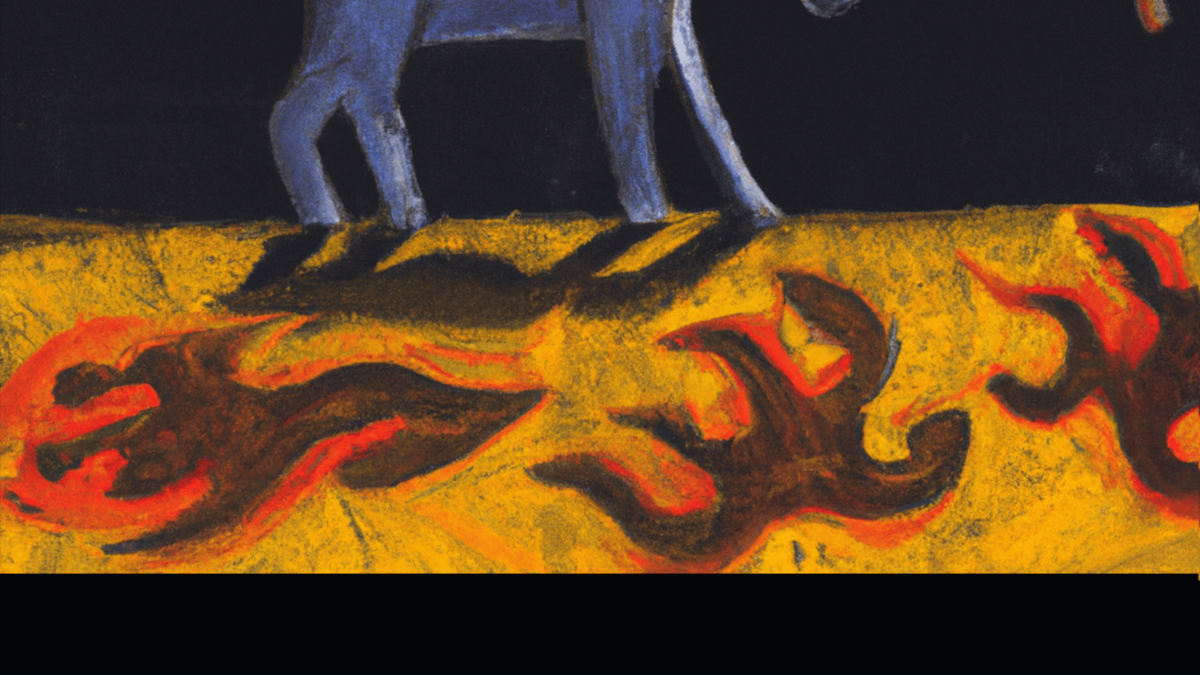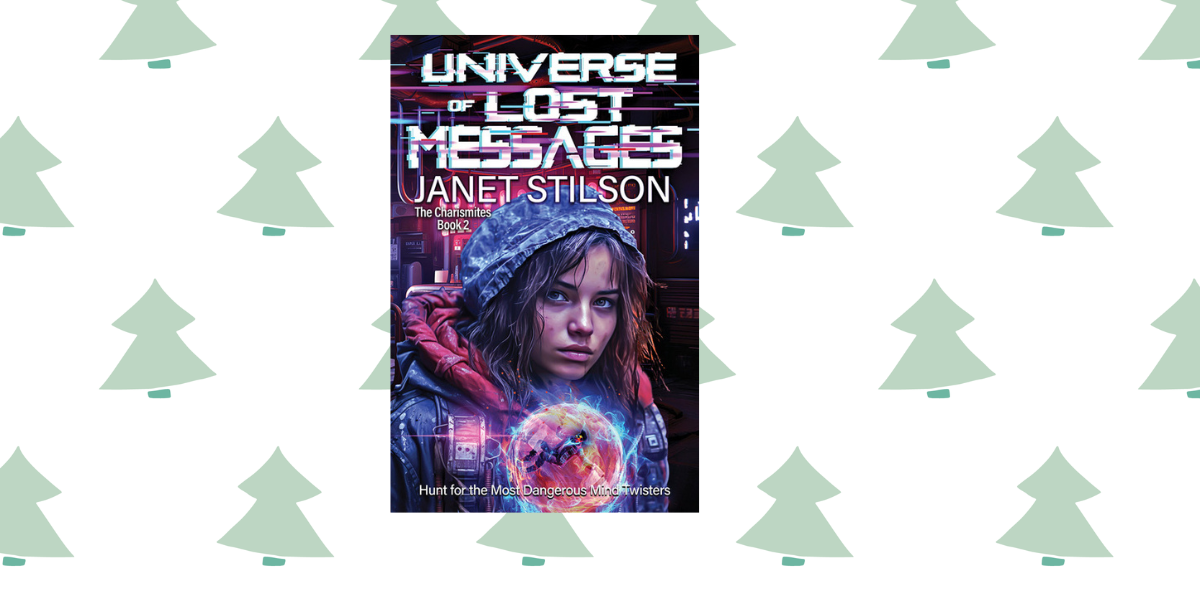
Fragility
Much of the novel’s intrigue lies in the complex relationships of Basilica, a diversity officer, and her family. Through them, the narrator uncovers underlying anxieties and societal tensions, making the story a layered examination of human interaction under surveillance. Basilica’s internal and external struggles reveal broader political and personal themes, amplified by the narrator’s unreliable perspective.
The novel’s structure, filled with irony and biting commentary, is complemented by over 500 black-and-white illustrations. These drawings visually enhance the themes, providing a parallel narrative to the novel’s wordplay-heavy text. This blend of visual and verbal storytelling creates an immersive reading experience, emphasizing the fragility of both language and human connection.
The unreliable narrator adds an element of unpredictability to the plot, challenging the reader to question what is real and what is manipulated. With its satirical tone and exploration of political and linguistic themes, Fragility takes a bold and thought-provoking approach to the dystopian narrative, reflecting on the complexities of communication and societal power dynamics in a time of crisis.



